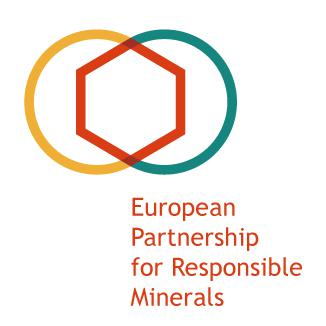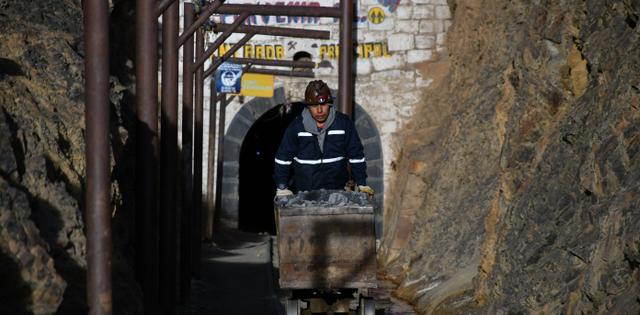Bolivian Cooperative Miners are not “Cola” (Waste)
The tin supply chain benefits from Bolivian cooperative production at the expense of miners' health and safety.
Electronics Watch travelled to Bolivia to meet tin miners at the beginning of September 2023. Tin is a crucial element in solder for electronics, and it is found in the supply chains of computers, smartphones and more. With the growing demand for electric vehicles, and the lithium-ion batteries they require, the use of tin is forecast to surge.
Bolivia ranks fifth among tin-producing nations. There are more than 130,000 Bolivian workers employed in mining, with the vast majority of these working in cooperatives run by the miners themselves. But despite the long-term importance of this industry to Bolivia’s economy – and in the supply chains of electronics we all rely on - miners continue to work and live in precarious conditions.
In cooperation with our Bolivian monitoring partner CISEP, the Electronics Watch delegation visited three cooperative mines.
Our delegation was told by all the miners interviewed – including the youngest ones – that they are suffering from Silicosis, the incurable lung disease caused by breathing in tiny bits of silica, resulting in permanent lung scarring. Many are resigned to the trajectory of their work, with few other job opportunities around, and multiple generations of the same family often have their lives cut short by the disease.
The need for fair and timely payment is also a cause for concern. Miners told our team that a smelter has sometimes been three months late in its payment to the miners, a delay they can ill afford when the pay is so meagre. So, instead, the miners are often forced to sell to intermediaries known as "Comercializadoras", who pay quickly but not always fairly. The miners complain of deception during the mineral weighing process, and are faced with an opaque system when it comes to calculating their pay. There is very limited recourse for the miners to challenge these practices, as such intermediaries are not subject to institutional oversight.
All the while, the miners work in extremely dangerous conditions underground, using dynamite in archaic installations that pose risks of collapse. It is all but impossible for cooperative miners to modernise their mines with safe equipment, because of the cost. This becomes more problematic as national environmental legislation evolves, imposing compliance requirements that they must meet to avoid facing closure.
It is clear, then, that the tin supply chain benefits from Bolivian cooperative production at the expense of miners' health and safety. Cooperatives that are worker-driven offer opportunities for sustainable mining, and meeting workers' needs, but they should be better protected from abuses.
With a lack of transparency at every level – from intermediaries and smelters, to commodity traders and electronics brands themselves – the tin supply chain is opaque and steeped in serious rights violations. It is unclear who deals with whom, the trading conditions at each stage, and which tin, sourced from where, ends up in which electronics products. While there are no quick fixes to these issues, we can identify how the solutions might emerge.
For example, the Electronics Watch delegation observed that cooperatives have no access to credit, and this prevents them from investing in more modern and safer working methods. Through partnerships with smelters, and access to affordable and sustainable finance, this could change.
When it comes to environmental issues, many cooperatives are doing their best with meagre resources, with some developing innovative systems to recycle water, replace solvents with less polluting products such as soap, and recycle minerals considered as “cola” (waste) by bigger producers. This shows that miners can be part of the solution and should be engaged in the discussions and offered training about environmental concerns, rather than being scapegoated.
And lastly, issues of fair and timely payment need to be resolved, including through government oversight of intermediaries, and better regulating the buying processes of smelters.
These findings are serious, and merit urgent reflection and cooperation with the entire supply chain, including smelters, electronics brands and public buyers, in a process driven by workers’ needs and perspective. Electronics Watch will continue its investigations to support more supply chain dialogue and solidarity across supply chain levels, in compliance with due diligence expectations and regulations. As more public buyers join Electronics Watch to demand higher standards for workers' rights, we will work to ensure that the miners of Bolivia are no longer treated as “cola” in the production of electronics.
Electronics Watch is grateful to EPRM and Barcelona City Council for their support of this project.

)
This article represents only the views of Electronics Watch, and donors are not responsible for its content.


